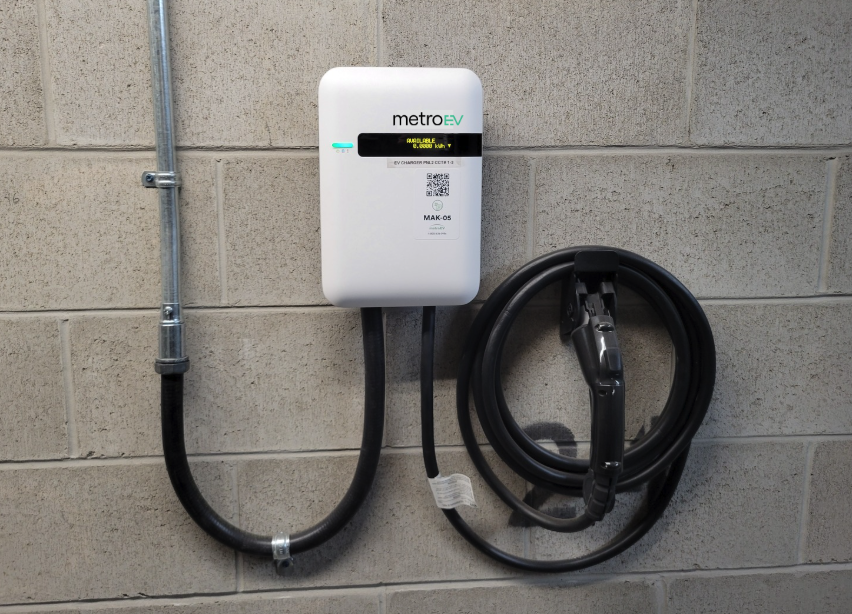Ottawa, June 25, 2025—As part of changes to the International Student Program, a new requirement was introduced in 2024. To be eligible for a post-graduation work permit (PGWP), international students in non-degree programs (programs other than bachelor’s, master’s or doctoral degrees) must complete a program in an eligible field of study linked to jobs in long-term shortages, such as
those being prioritized under Express Entry. This rule applies to students who applied for a study permit on or after November 1, 2024.
Effective today, the list of eligible fields of study has been updated to reflect the
2025 Express Entry priorities, and the following changes were made:
- 119 new fields of study in key sectors like health care and social services, education and trades were added.
- 178 fields of study no longer linked to occupations in long-term labour shortages were removed.
As a result of these changes, there are now 920 fields of study eligible for a PGWP.
Students who applied for a study permit before June 25, 2025, will still be eligible for a PGWP if their field of study was on the list when they applied for their study permit even if it has since been removed.
For the
full list of eligible fields of study organized by the Classification of Instructional Programs system, visit
our website.







.png)